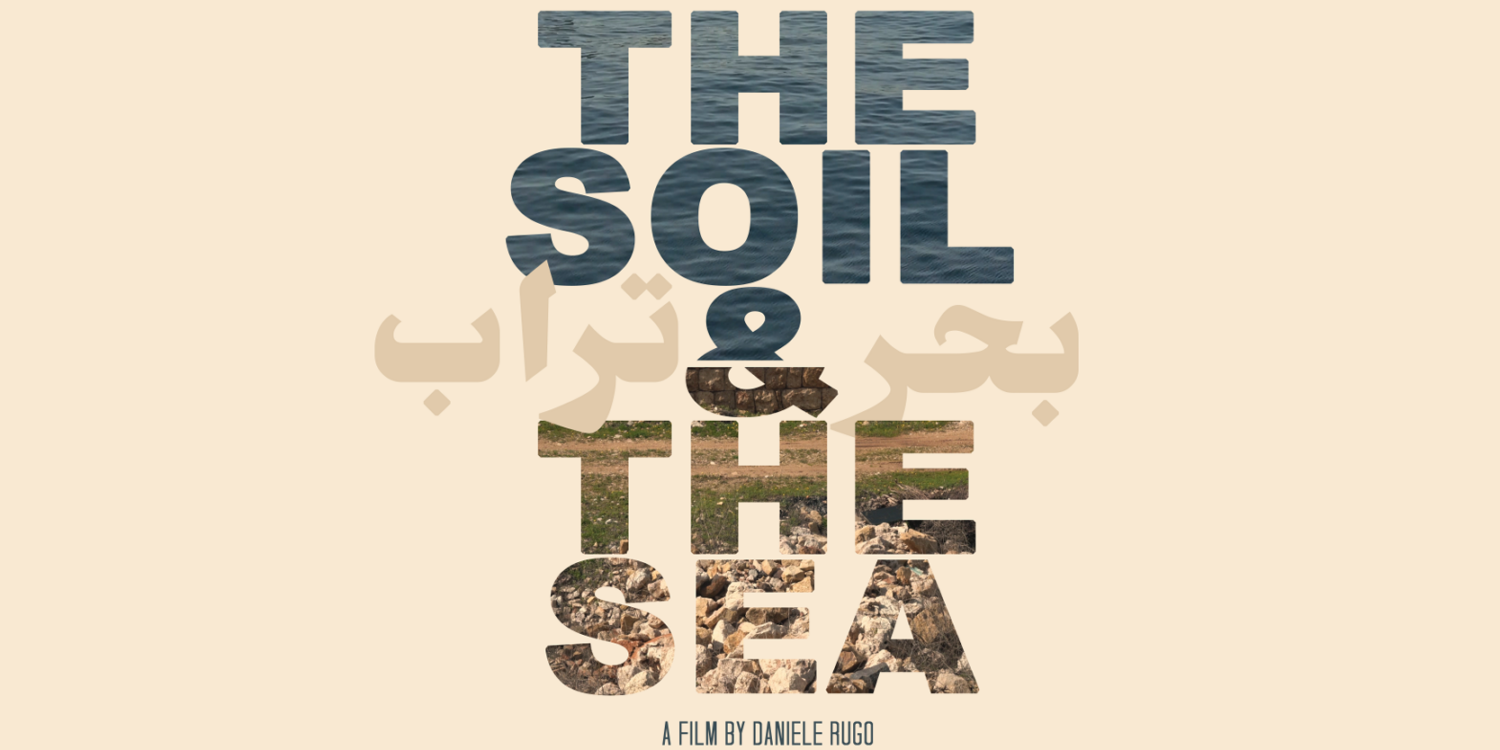The Soil and The Sea: Fragments in the Wake of Dissonance – Unveiling Lebanon’s Forgotten Mass Graves
Directed and produced by Daniele Rugo in collaboration with Carmen Hassoun Abou Jaoude and NGO Act for the Disappeared
Review by Marwa El-Asri
With thanks to Yara El Murr and Curzon Soho for tickets to the screening.
The screening took place on 19th February 2024.
The Soil and The Sea stands as a poignant exploration of the enduring impact of the 15-year-long Lebanese Civil War (1975-90), unveiling the haunting legacy of the conflict that left hundreds of mass graves in its wake, a sombre reality often relegated to a mere footnote in the broader narrative of the war. Rugo’s 73-minute masterpiece casts an evocative light on the approximately 17,000 individuals who went missing during the atrocities and the enduring anguish of their families, still yearning for closure.
Approaching this documentary, expectations of a conventional retelling of historical events were quickly shattered. Rugo skillfully subverts traditional storytelling methods, immersing the audience in an unexpected yet artful narrative. The film opens with the camera struggling to stay afloat, capturing the essence of the sea as a metaphor for the weight of the untold stories that lie beneath the waves. Elias Khoury, a revered Lebanese novelist, lends his voice to the film, delivering original text that initiates the poignant journey into these untold narratives. The reflective Arabic prose, harmonizing with the sounds of the sea, establishes a haunting tone that permeates the entire film.
Unlike traditional documentaries with interviews and explicit imagery, Rugo opts for a more nuanced approach. Faceless voiceovers guide the audience through Lebanon’s landscapes, their narratives woven into the fabric of the nation’s history. The subtle sounds of the video’s audio linger beneath the voiceovers, a constant reminder of the stark reality that underscores these personal accounts. The matter-of-fact storytelling devoid of a narrator heightens the film’s impact, allowing you to absorb the raw emotions of the recounted experiences without external interpretation.
The strength of The Soil and The Sea lies in its unflinching portrayal of the profound yearning that permeates the lives of those affected by the war. The absence of closure becomes palpable as mass grave sites are repurposed for universities, agriculture, and real estate. The film depicts the heart-breaking reality that these sites are gradually fading from collective memory, overshadowed by the progress of society. The narratives unfold without embellishment, presenting the stark truth of individuals desperately searching for loved ones, grappling with the uncertainty of their fate.
The documentary’s most poignant moments arise when it confronts the impossibility of closure. Mothers continue to hope for the return of their missing sons, decades after their disappearance, embodying an enduring sense of yearning that reverberates throughout the film. The haunting statement, “When he returns and does not find me, tell him to knock on my grave,” encapsulates the profound and enduring grief these families endure.
As the film draws to a close, the audience is left with the unsettling sound of digging, a reminder of the ongoing search for the missing. The final shot, featuring the sea and the scarred aftermath of the August 4th explosion, encapsulates the cyclical nature of violence – buried in soil and sea, momentarily forgotten, remembered, and tragically perpetuated. The Soil and The Sea is not merely a documentary; it is a powerful testament to the human cost of conflict and the enduring quest for closure in the face of unimaginable loss.
Next Screenings:
Curzon Canterbury – 28 Feb
Curzon Oxford – 29 Feb
Details are here https://www.curzon.com/films/the-soil-and-the-sea/HO00005109/
The film is also now available on Curzon Home Cinema

